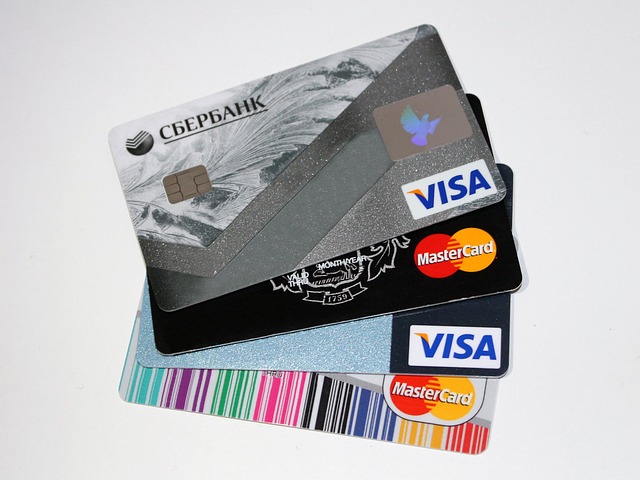Which is not a positive reason for using a credit card to finance purchases? Credit cards are a popular way to finance purchases, but it’s vital to understand the benefits and drawbacks of doing so. In this post, we’ll look at the advantages and disadvantages of using a credit card to finance purchases, as well as why it’s necessary to examine other financing options.
- You will get charged high interest.
- You can buy something you need now and pay for it after payday.
- You can get rewards and discounts.
- Paying it off on time can help build your credit history.
Credit card:
Credit cards have become an essential aspect of modern business, offering consumers a handy way to fund their purchases. Credit cards provide a variety of perks, including the ability to make transactions quickly and access numerous financial rewards.
However, it is necessary to closely assess the motivations for using credit cards to finance purchases, as not all motivations are favorable. This article goes into the various elements that drive credit card usage and seeks to throw light on why some motivations for financing purchases may not be in one’s best interest. Individuals can make more educated judgments and build healthier financial habits if they are aware of the potential consequences.
Pros and Cons of Credit Card Financing:
Credit card financing can have both advantages and disadvantages depending on how and for what you use it. Here are some of the primary benefits and drawbacks of credit card financing:
Pros :
- You may obtain credit quickly and easily without having to apply for a loan or submit collateral. You can use your credit card to finance necessary or desired items or costs such as travel, education, home remodeling, or medical bills.
- By using your credit card responsibly and paying your bills on time, you may establish your credit history and increase your credit score. In the future, a solid credit history and score can help you qualify for lower interest rates, loans, mortgages, and other financial goods.
- When you use your credit card, you can get rewards and advantages such as cash back, points, miles, discounts, or insurance. These incentives and advantages can help you save money and get more bang for your buck.
Cons:
- If you do not pay your debt in full or on schedule, or if you exceed your credit limit, you may face substantial interest rates and fees. Credit cards often charge higher interest rates than other types of credit, and they may additionally impose late fees, cash advances, overseas transactions, or balance transfers. These charges and fees can soon mount up and increase your debt load.
- Misusing your credit card or failing to make payments might harm your credit history and score. A poor credit history and score can make it difficult to get other credit products or result in higher interest rates, fees, or penalties. A poor credit history and score might also have an impact on other elements of your life.
- If you do not control your credit card spending and budget correctly, you may overspend and go into debt. Credit cards might entice you to spend more than you can afford or need, particularly if you are swayed by impulse purchases, peer pressure, or marketing. Credit cards might also cause you to lose track of your spending and income, resulting in financial insecurity and debt.
- You may get reliant on your credit card and lose control of your finances as a result. Credit cards can give you a false sense of security and riches, leading you to believe you have more money than you do. Credit cards can also cause you to rely on them for regular needs or crises rather than saving or establishing an emergency reserve.
What is the reason to use a credit card?
The following are the top four reasons why credit cards are useful:
- They are widely acknowledged.
- They provide excellent buyer protection.
- They aid in the development of your credit score.
- You can monitor your credit score with apps such as Cred, which allow you to manage all of your credit cards in one spot and even reward you for paying your payments on time.
So, Which Option is Correct to the Question: Which Is Not a Positive Reason for Using a Credit Card to Finance Purchases?
The correct answer to this question is “You will get charged high interest.” Because paying a high interest is not a positive reason to use for purchases.
Conclusion:
While using a credit card to finance purchases may appear handy, there are certain drawbacks to consider. The high-interest rates connected with credit cards are one prominent explanation. While they provide short-term finance, the interest costs can soon add up, resulting in long-term debt. Furthermore, using a credit card to finance purchases might create a false sense of security because it is easy to rely on credit cards for items that should be saved instead.
Finally, credit cards may not provide the same level of security as other types of borrowing, such as loans or cash. Using a credit card to finance purchases is therefore not a good justification, and it should be done with caution and prudence.




